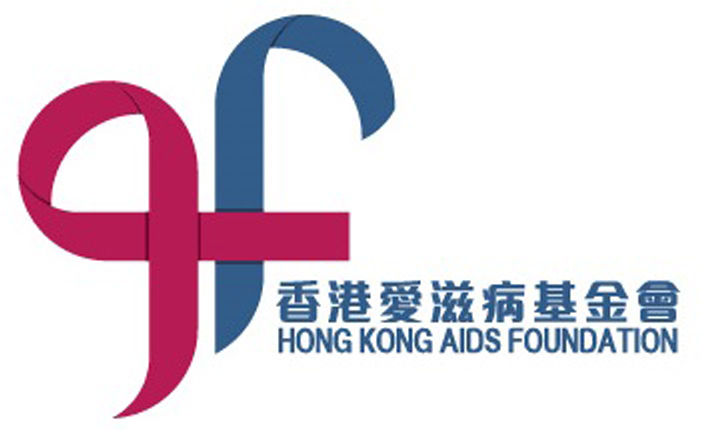1. Sexual contact
The virus can be transmitted through body fluids like blood, semen and vaginal secretion. One might have gotten infected when having unprotected intercourse including vaginal sex, oral sex and anal sex with someone who has HIV.
Preventive Measure: Practise Safer Sex
i) Maintain stable and monogamous relationship
Be in a long-term mutually monogamous relationship and limit your number of sex partners.
ii) Understand your sex partner
Understand the sex history of your partner and be alert when you are going to have sex with others. If you have doubt, you surely have the right to refuse any sexual contact.
iii) Use condom correctly and consistently
Proper and consistent use of condom can effectively reduce the chance of getting HIV infection.
Proper use of condom
1. Always check expiration date before use;
2. Open the package carefully to avoid damaging the condom;
3. Use the thumb and forefinger to gently press any air out of the receptacle tip before putting on the condom;
4. Unroll the condom to cover the entire shaft of the penis;
5. Hold on the base of the condom after ejaculation and withdraw the swollen penis together with the condom from your partner’s sex organ; and
6. Wrap the used condom in paper and throw it away in a waste container.
Remarks: Use each condom once only; and never put on more than one condom at a time as rubbing will break the condoms.
2. Blood contact
Transmission through blood can be a result of transfusion of blood or blood products with HIV and the sharing of contaminated needles.
Preventive Measures:
i) Avoid substance abuse and sharing of needles
Do not inject drugs and always avoid sharing needles with others. If you inject drugs, you should get counselling and treatment to stop or reduce your drug use. If you cannot stop injecting drugs, use a new syringe every time. If you must share needles, please do not forget to use bleach and distilled water to clean the syringe so as to reduce the chance of getting HIV infection.
ii) Always handle cuts carefully
Never handle others’ cuts or blood with bare hands. It is necessary to use protector like latex gloves to avoid direct contact with the wounds or blood of other people to prevent contracting blood borne diseases such as tetanus, hepatitis B and HIV.
3. Mother-to-child transmission
A mother infected with HIV has a 15% to 40% chance of passing the virus to her child during pregnancy, labouring or breast-feeding.
Preventive Measure: Universal antenatal HIV testing
The universal antenatal HIV testing programme has been implemented in Hong Kong since September 2001. HIV screening is now available free-of-charge to all expectant mothers attending the Maternal and Child Health Clinics of the Department of Health and antenatal clinics of the Hospital Authority.
If the infected mother and the new born baby receive early and appropriate treatment such as antiretroviral therapies during pregnancy, labouring and after birth periods, the chance of infecting the baby can be reduced to 1-2%.
